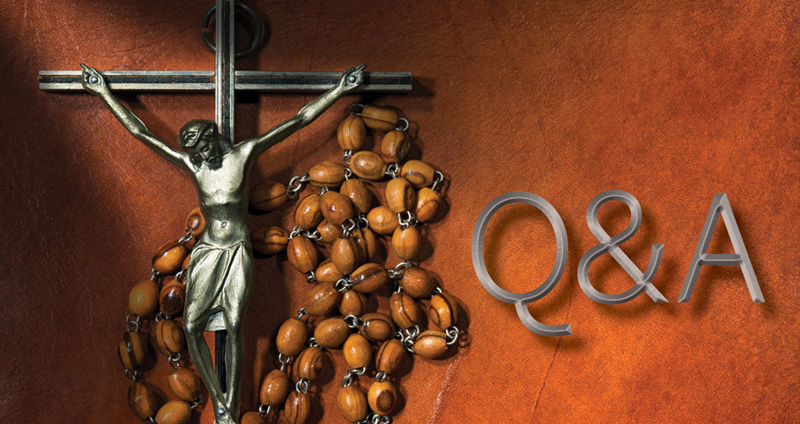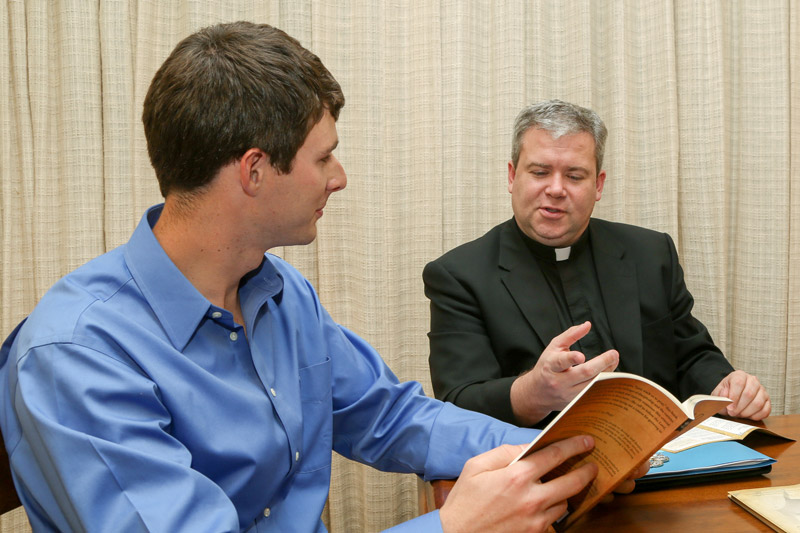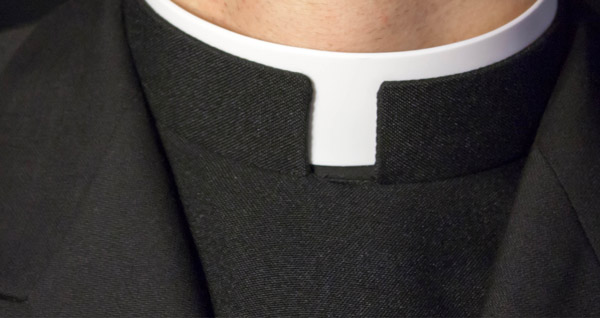
Q: Do Jewish people call the first part of the Bible the Old Testament? (Charlotte, NC)
A: I’m very grateful to receive this question. Oftentimes, unintentionally, Christians can offend their Jewish neighbors by saying that they “only believe in the Old Testament.” While this might be a good summary of the Christian viewpoint, it can come across as derogatory or condescending to a Jewish believer.
For a follower of Judaism, the collection of these specific holy books is not the Old Testament. It’s their sacred library and is properly called the TaNaK. The word is a summary of the three major parts of the library: the Torah (“T”), the Nevi’im or prophets (“N”) and the Ketuvim or Writings (“K”). Since ancient Hebrew has no clear vowels, two a’s were added so that TaNaK could be pronounced.
And so, knowledge and respect can go a long way. Refer to the TaNaK to your Jewish friends or co-workers and you’ll probably make some new best friends.
Q: Was the relationship between Mary and Joseph celibate? If yes, why? (Hilton Head, SC)
A: Yes, without question, the witness of the Gospel books and Church tradition has always attested to the celibate marriage of Mary and Joseph. Sometimes a misreading of the Bible can contribute to misunderstanding. For example, in Matthew’s Gospel we read that Joseph: “And he knew her not until she brought forth her firstborn: and he called his name Jesus” (1:25). It would seem that Joseph “knew her” (the biblical expression for sexual intercourse) and that a “first-born” would indicate a second-born, etc. But here’s why a study of the Bible is very important.
First, the expression “until” is often used as an idiom in the Bible. There are many examples, but let’s look at when Jesus used it in telling us: “I will be with you always, yes, even until the end of the age” (Mt 28:20). Obviously, Jesus isn’t going to leave after the age. The idiom actually means the opposite of what it indicates. The Lord is saying he will be with us forever. In a similar way, the use of the idiom here actually indicates that Joseph did not know Mary and never did.
The use of the title first-born actually seems to confirm this reality. The first-born son bore the obvious title as a legal designation according to the Law of Moses. Since God spared the first-born sons of Israel during the Passover, every first-born son was consecrated and belonged to him. If there were no other siblings, it would be very important to stress that a son was the first-born (and such a title would not have indicated other sons or children). If other children were present, it would have been clear that the eldest son was the first-born and such an emphasis would not have been as necessary.
These explanations can help us to understand the celibate marriage between Mary and Joseph. With this understood, it’s worth stressing the reason why their celibacy is important. The Church does not stress their celibacy because somehow sexual activity is dirty or defiles a person’s sanctity. Rather the Church teaches about their marital celibacy in order to emphasize the holiness of Jesus Christ. Our Lady’s ever-virginity stresses the inviolate nature of God’s holiness, so much so that her body remained untouched even after the birth of her son, who is also the eternal Son of God.
Father Jeffrey Kirby is administrator of St. Joseph Church in Chester and Our Lady of Grace Church in Lancaster. Email him your questions at askfrkirby@gmail.com.




